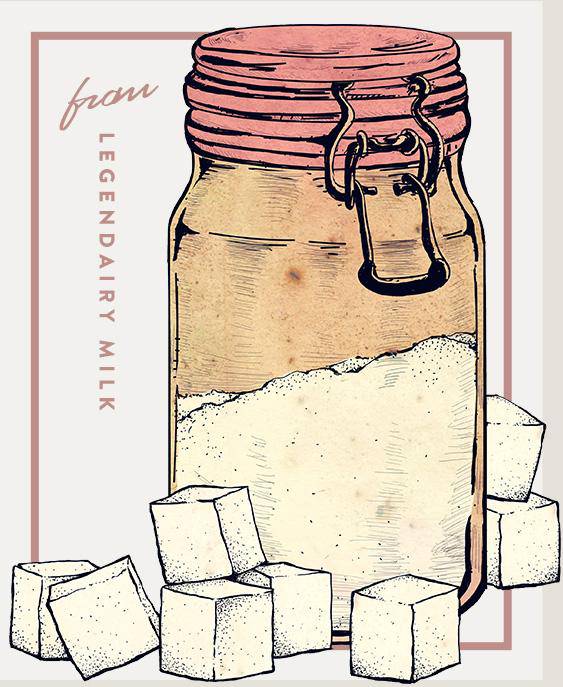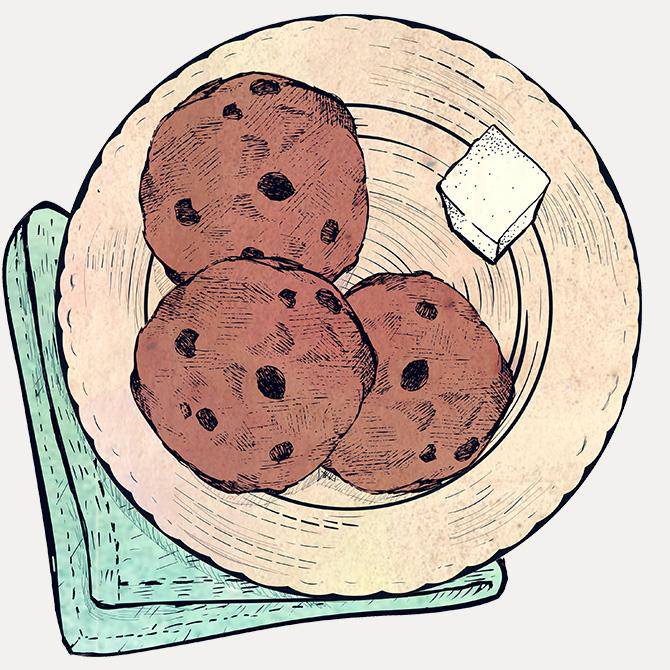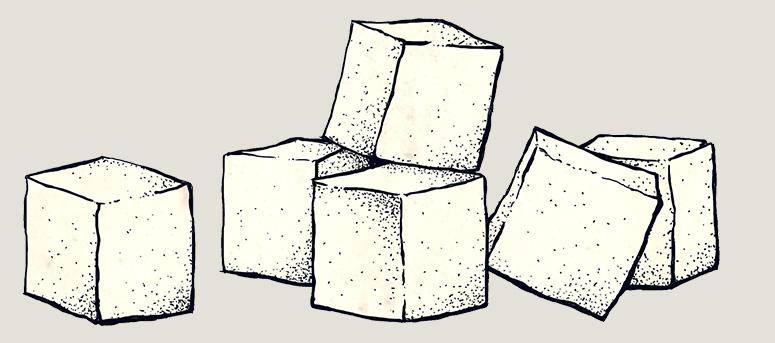Sugar Free

Why We're Sugar Free
Considering that 20 percent of women
between 20 and 44 are prediabetic, it's
conceivable that up to 20 percent of new
mothers in Asia are at risk for low milk supply
due to insulin dysregulation.
Laurie A Nommsen-Rivers,PhD, RD, IBCLC

We’re often asked why we haven’t jumped on the lactation treat bandwagon (cookies, brownies, drinks, etc). They seem like a quick and easy fix for milk supply concerns, right? And they taste good to boot! But in reality, lactation treats offer just a few teaspoons of milk-boosting herbs spread throughout the entire batch and then are drowned in SUGAR and CARBS to mask the taste. Some lactation cookies have as much as 25 grams of sugar in one serving - that's the maximum amount of sugar most women should have in ONE DAY.
Many women today suffer from insulin resistance, a condition that develops when cells resist insulin's signal that it's time to absorb sugar from the bloodstream. More and more insulin is needed to regulate blood sugar, until, if not resolved, the body stops being able to produce enough insulin to keep blood sugar levels in balance. This is how insulin resistance can eventually develop into full-blown type 2 diabetes.2
How then, can eating insulin-spiking amounts of sugar or empty carbs in the form of lactation treats be beneficial in any way? For a woman with insulin resistance/ diabetes, polycystic ovary syndrome, a thyroid condition or who is overweight/ obese, these treats may do more harm than good when consumed on a regular basis. And there are much healthier options!
Check out Mother Food by Hilary Jacobson for a great read on the lactogenic diet and how consuming nutrient dense foods can fuel your milk production. A juicy steak or piece of salmon with a side of veggies and quinoa/brown rice, for example. Hard boiled eggs, beans, hummus, avocados, nuts, dark leafy greens, to name a few others.
As Diana Cassar-Uhl, IBCLC states: "If you have had issues with blood sugar, including gestational diabetes, hypoglycemia, or high blood sugar at any time, it is probably safe to assume you may be insulin resistant and adopt a lifestyle that corrects this problem. Even if you’re not insulin resistant, a conscious diet and regular physical activity certainly won’t hurt, so trying to determine whether you are, indeed, insulin resistant may not really be all that important."2 These lifestyle changes can be especially helpful for those with PCOS, diabetes, gestational diabetes, pre-pregnant BMI over 30, and pre-pregnant waist circumference over 35 inches, however.3,4,5
So does this mean you should now deprive yourself of your favorite sweets? Goodness no! We all know there are days where we can barely find time to eat, let alone whip up a hot, nutritious meal. The occasional treat can provide us with a much needed pick-me-up. When you want a cookie, eat the dang cookie. But do it because we all deserve a treat every now and then, not in the name of milk supply.
From a mother who battles with insulin resistance and PCOS every single day.
LUNA FEEHAN, FOUNDER OF LEGENDAIRY MILK

- 1 Insulin's Role In Making Breast Milk, Christian Nordqvist
- 2 Insulin resistance and lactation insufficiency: FAQ, Diana Cassar-Uhl, MPH, IBCLC
- 3 Polycystic ovarian syndrome and low milk supply: Is insulin resistance the missing link?, Lora Stanka Kirigin Biloš
- 4 Complementary Medicine for Androgen Excess and Polycystic Ovarian Syndrome, Chanchal Cabrera MSc, MNIMH, AHG
- 5 Polycystic Ovary Syndrom (PCOS) and Breastfeeding, Nancy Howat BSc (Hons), and Hilary Jacobson, CH.HU.SI.
